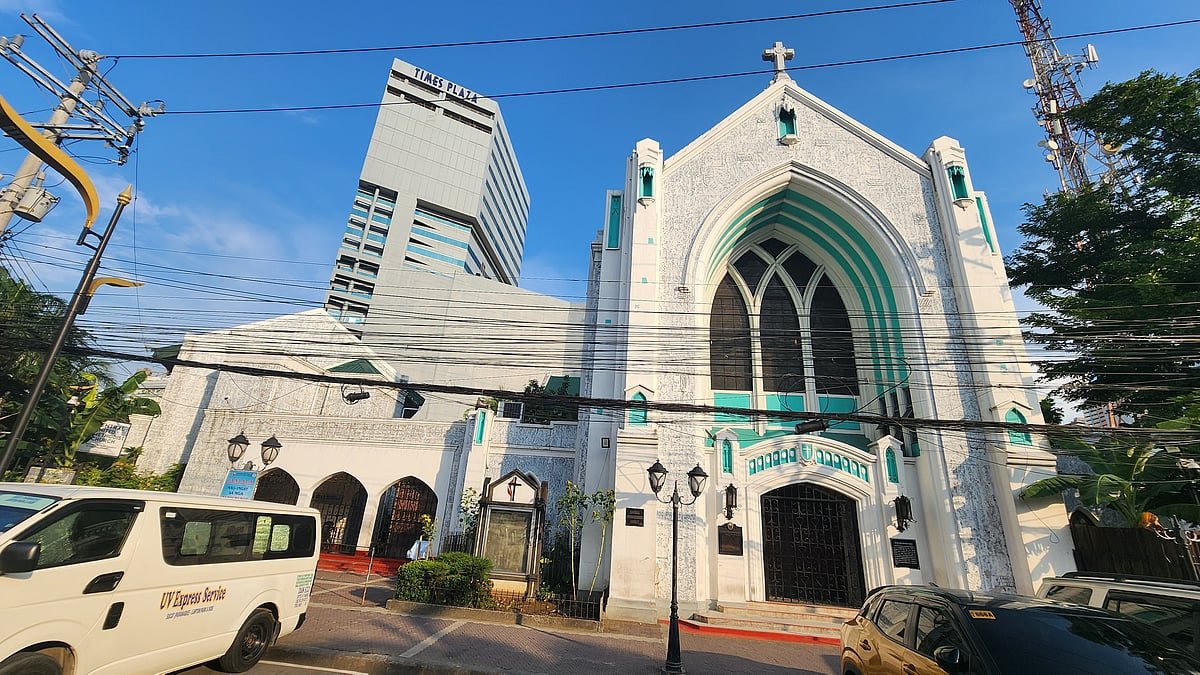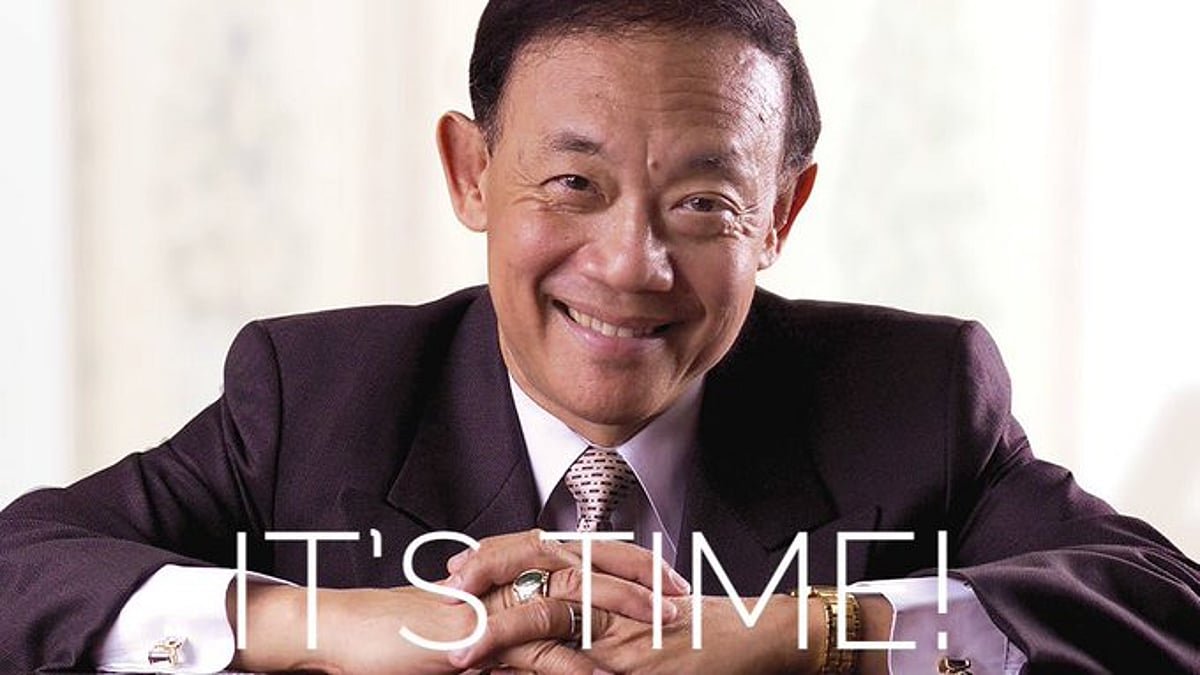Filipino Americans are one of the fastest-growing and most diverse Asian American subgroups in the U.S.—yet they remain one of the most misunderstood, especially when it comes to mental health. Whether due to the myth of the “model minority” or the aggregation of Asian health data that obscures subgroup differences, Filipino Americans face a growing but overlooked mental health crisis.
Despite strong cultural values rooted in resilience, family, and faith, Filipino Americans often encounter barriers in acknowledging, discussing, and receiving care for mental illness. These cultural values—while deeply grounding—can also silence mental health struggles.
“Kapwa”
At the heart of Filipino identity is the concept of ‘kapwa,’ a deeply relational worldview that emphasizes interconnectedness and shared identity. Kapwa fosters loyalty to family and community. And while this can be a strength, it can also discourage individuals from expressing emotional distress out of fear of burdening others or disrupting group harmony. This is especially true when mental illness is seen not as a medical condition, but as a personal weakness or spiritual failing. While this creates a strong support network, it simultaneously sets the grounds for a culture of isolation during times of weakness.
Reflection / Charmaigne’s note: “Growing up in a Filipino family, one value was always clear: family comes first. My siblings and I could always count on our parents to provide for our physical needs. There was always food on the table, a roof over our heads, and more than enough support when it came to extracurriculars. They would spend thousands of dollars on new knee pads, swimsuits, uniforms, and badminton rackets—all tangible ways they showed us they loved us.
They would remind my siblings and me that they grew up with little, and through perseverance and hard work, they built a life to where they could provide and allow us to thrive. This same resiliency was what we should strive to embody. In the same vein, they truly felt that this tenacity would allow us to overcome mental health struggles, such as depression.”
“Hiya”
Central to this cultural silence is the notion of hiya, or shame. Within Filipino families, emotional suffering is often kept private—sometimes even hidden from close relatives. On one side, kapwa brings unity, but individuals are unable to be different in this unanimous environment, creating the flip side of hiya. Seeking professional help may be viewed as bringing shame upon the family, which can lead individuals to suppress or internalize their symptoms. Instead of turning to therapists or counselors, many choose to endure quietly or rely on religious faith as alternatives to clinical treatment.
Reflection / Charmaigne’s note: “When it came to mental health, that love didn’t always translate. In many Filipino households, mental health isn’t something that’s openly acknowledged. For most, it’s invisible—or worse, dismissed. As I got older, I began experiencing severe depression in high school. I tried to open up to my parents about what I was going through, hoping they would understand. Despite both of them being nurses, their response was devastating: “depression” doesn’t exist—pray more, work hard, and the feeling will go away.
I couldn’t find the words to make them understand how deeply it was affecting me. I began to isolate myself, spending hours locked in my room. Over time, the weight of that silence and misunderstanding grew heavier, and I started to experience suicidal thoughts. Eventually, I reached a breaking point and attempted to take my own life.”
Healing and progress
These beliefs around mental health are multifaceted—personal views shaped alongside a proud cultural identity and sense of familial heritage. While these roots have given strength and unity, they have also contributed to mental health struggles often being minimized and viewed as moral failings. Today, modern mental health care seeks to continue shedding light on these issues, encouraging awareness and access to treatment so that mental illness is no longer hidden and unaddressed.
Reflection / Charmaigne’s note: “With time, I’ve come to realize that family truly does come first—my extended family, especially my cousins and their significant others, have been my greatest source of support. They were there for me during my lowest moments and came to my aid when I needed someone the most. When my parents couldn’t hear my cries for help, it was my cousins and their partners who lifted me up. They became my advocates, the ones who spoke out and stood up to my parents, helping them understand the seriousness of what I was going through. Through their love and support, I realized that I wasn’t alone. They gave me the courage to care for myself and taught me how to love who I am. Because of them, I was finally able to begin healing and take the medication I needed to become a better version of myself.”
Victor Fu is a medical student. Charmaigne Lopez is a social worker.












